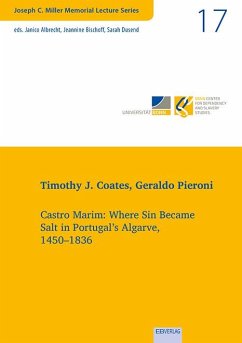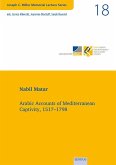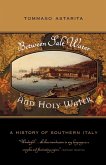Castro Marim, in SE Portugal, was a site of internal exile for several thousand minor sinners and convicts from the 1400s until the 1830s. The punishment was revived by the Estado Novo dictatorship a century later. During early modern times, the guilty could flee to several border towns for sanctuary. The state's courts and later courts of the Inquisition directed minor offenders to this town, typically for two to three years. These newcomers were forced to either enter the local work force or flee. Here we see a detailed example of social control and coordination between the early modern Church and state. Crime, sin, punishment, redemption, sanctuary, the Enlightenment, monopolies, and smuggling interact with this system of forced labor. Sanctuary, internal exile, and town of free people created a unique legal and social space. This labor force was long-lasting, flexible, and useful. Tax evasion and smuggling forced Lisbon to create neighboring Vila Real de Santo António, with tighter fiscal control and free labor which would eventually supersede this forced labor system in Castro Marim. Internal exile was a semi-independent judicial component linked to manpower needs overseas, ending as those demands increased.
Hinweis: Dieser Artikel kann nur an eine deutsche Lieferadresse ausgeliefert werden.
Hinweis: Dieser Artikel kann nur an eine deutsche Lieferadresse ausgeliefert werden.








